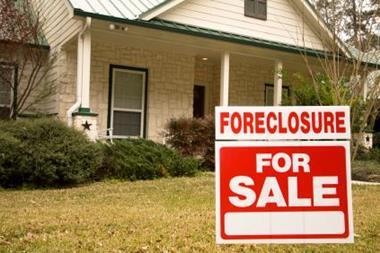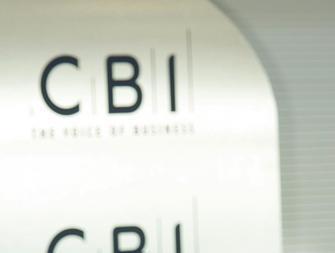The insurance industry seems to be responding relatively well to the financial crisis, but challenging times are in store for it
The economic outlook doesn’t look good for insurers, although at first glance they seem to be weathering the storm.
With one notable exception, insurers have generally incurred relatively low exposures to the credit crunch—relative to the banks that is. Unlike the banks, typically conservative insurance companies didn’t get embroiled in the subprime mess. Those that did have had their fingers burnt.
Swiss Re, notable for its history as a cautious investor, reported a 53% drop in profits at the beginning of the year. It blamed the drop largely on its exposure to credit default swaps—those contracts that have played a large part in the financial crisis. The group also revealed significant exposure to troubled US mortgage lenders Fannie Mae and Freddie Mac, as well as to AIG.
As AIG has been quick to point out recently, the insurance operations of those groups that have got involved with dodgy debts won’t necessarily be burdened by these non-traditional activities.
Nevertheless the insurance sector has been affected indirectly in a good few areas.
Falling investments
One of these is through falling investment income. ‘Whether or not these are reported as a loss within the income statement depends on accounting basis, but the affect is to reduce shareholder funds,’ said Willis in a new report tracking the impact of the credit crisis on the general insurance sector.
A decline in the equity related income of insurers can result in a shrinking surplus—that fund which they hold in reserve and draw on during times of need. This is bad news for buyers because it could panic insurers into hardening their terms and upping rates.
If the stock market doesn’t recover from the steep losses seen in recent weeks the US property and casualty industry could see its capital cushion deflate significantly, said Towers Perrin in a recent report. The surplus decline could approach $80bn by the end of the year, said the company. That situation would cause price levels to stabilize if not increase, predicted the report.
“The insurance industry along with the rest of financial services has taken a big reputation hit
While general insurance companies are typically less leveraged to equities than other financial institutions, the balance sheets of a number of them will get a shock.
D&O
Another area where insurers are likely to be impacted is in their directors and officers lines. Most commentators expect an increase in professional liability claims arising from the subprime meltdown, although these will take many years to be felt.
Marsh reported an unprecedented surge in the demand for management liability insurance among the UK’s top firms as a result of the economic crisis.
Leading actuaries have likened the scale of the fallout after subprime to the dot-com crisis. Estimates of insured market loss range between $6bn and $20bn, according to the Willis report.
Reputation hit
Despite being insulated from much of the economic crisis, at least for the time being, the insurance industry along with the rest of financial services has taken a big reputation hit. The impact of this is hard to quantify right now but it will likely lead to more pressure for regulation.
Like the rest of the economy, insurers are going to feel the pinch of the economic downturn. They are by no means in a healthy state. If the industry were to be hit by a mega catastrophe or a series of major losses it could have a devastating impact. With the debt markets continuing to be cautious, the ability of general insurers to raise additional capital, should it be required, would be significantly reduced, warned Willis.
See also: More banks will fail




















No comments yet